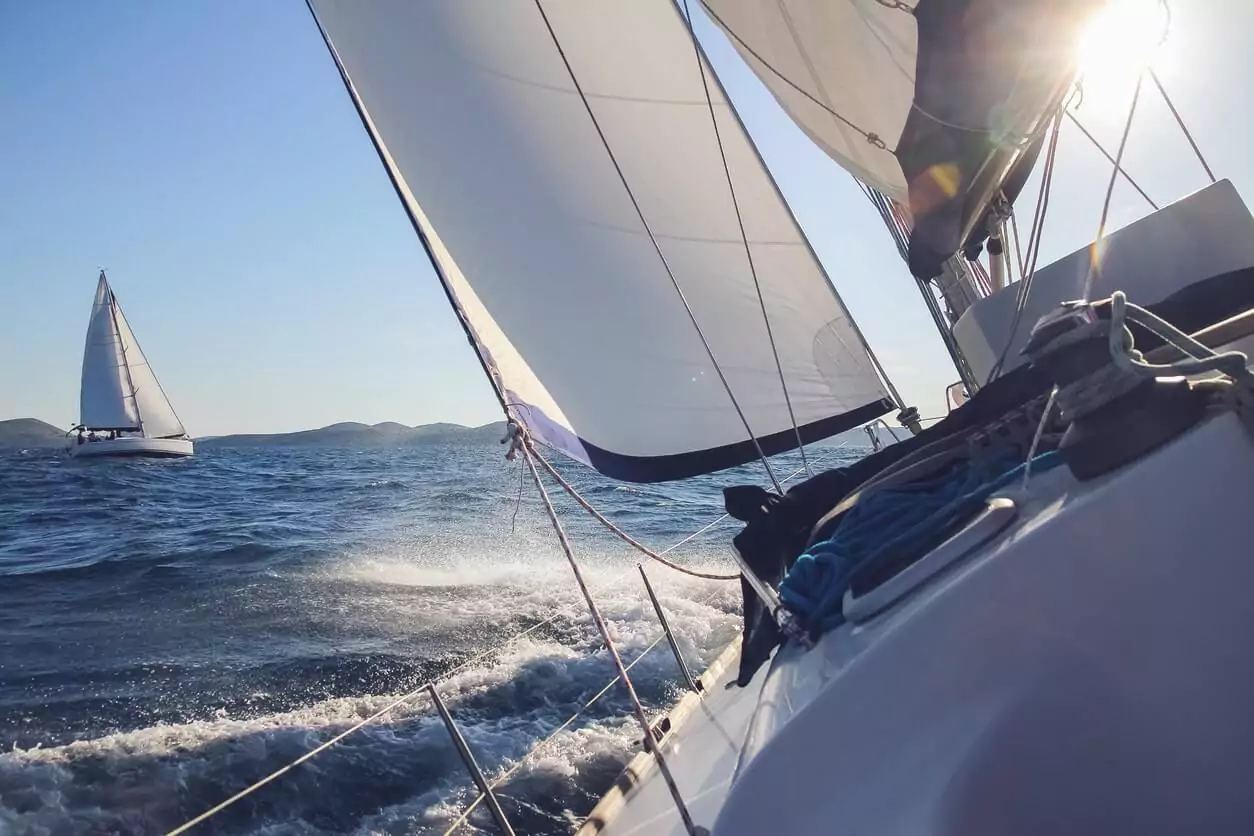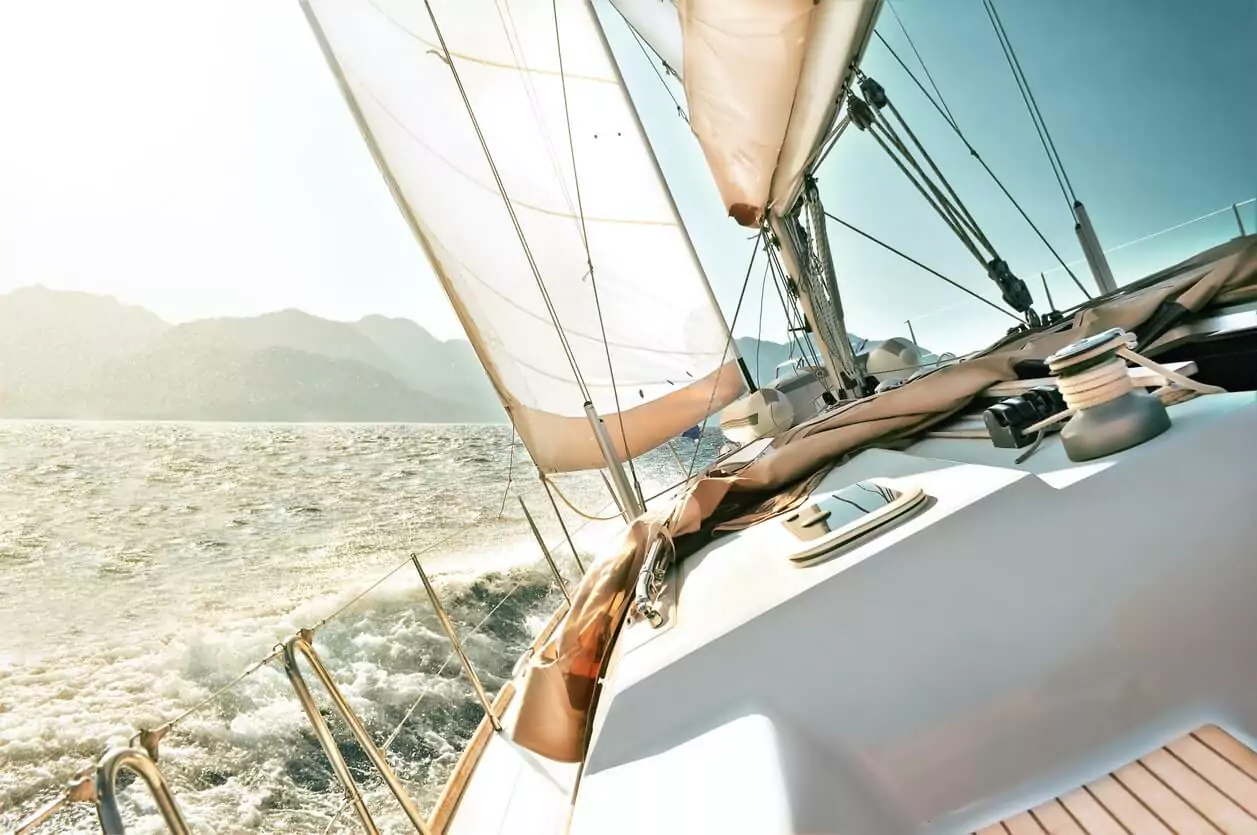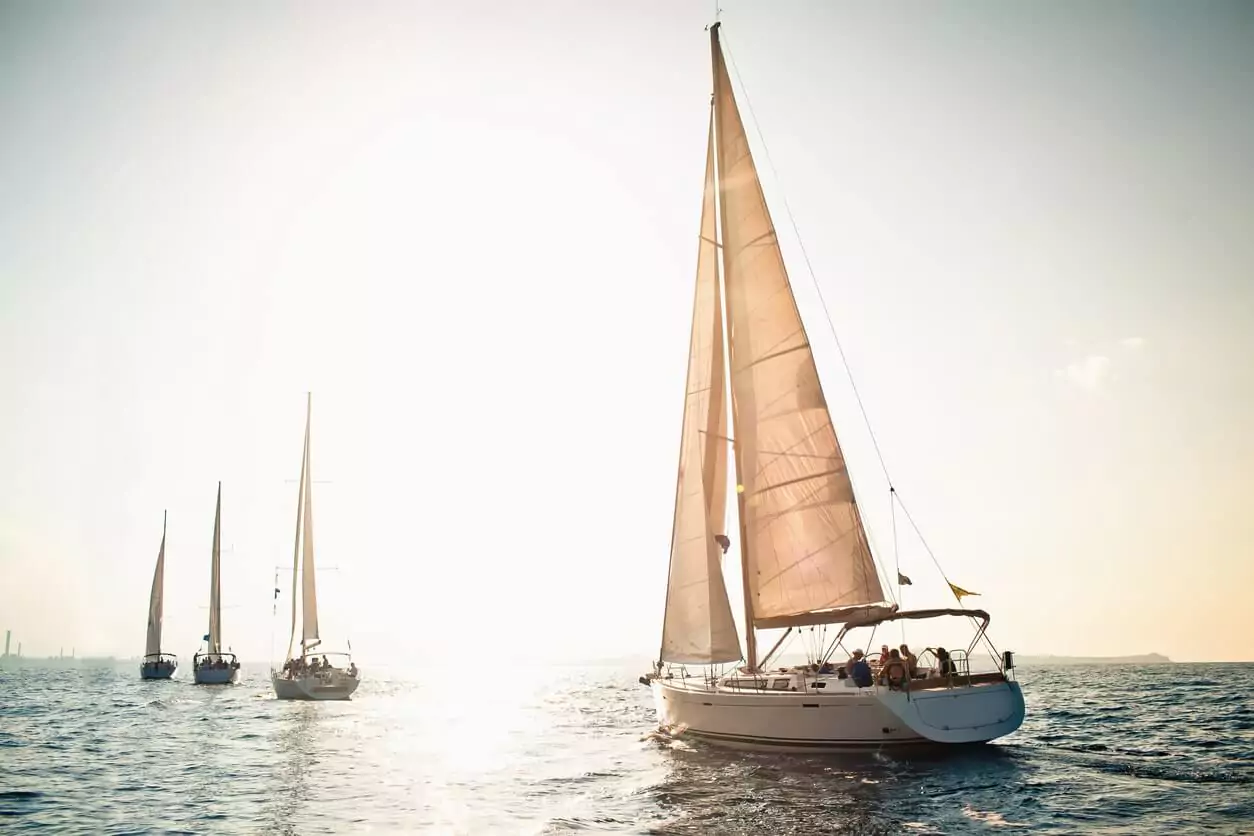
The Power of the Wind in Antiquity: The First Sailing Ships
The first sailing ships emerged in the civilizations of Egypt and Mesopotamia and were used as primary means of transportation. These ships moved by harnessing wind energy. In ancient times, sailing ships strengthened economic and cultural ties between civilizations by trading along rivers and coasts. These primitive technologies can be considered the ancestors of modern wind technology.
The simple sail systems used on sailing ships allowed the vessels to move by adjusting to the direction of the wind. These systems, much like the working principles of modern wind turbine blades, captured the wind's energy and converted it into motion. In ancient times, these ships were used not only for trade but also for military purposes and exploration.
The Middle Ages and Exploration: The Era Guided by the Wind
The Vikings are one of the most famous seafaring communities known for their sailing ships. Viking longships, with their durable and fast designs, crossed the Atlantic Ocean and reached as far as North America. During this period, sailing ships became the backbone of maritime trade, and methods to harness the wind's power most efficiently were developed. The Viking longships were versatile vessels, capable of being used both on rivers and in open seas.
During the Middle Ages, civilizations such as the Phoenicians and Venetians, who traded in the Mediterranean, established large trade networks thanks to sailing boats. During this period, sailing boats were used not only for trade but also as warships. Christopher Columbus' discovery of America is one of the most important discoveries made by sailing boats. This discovery opened the doors to the New World and once again demonstrated the importance of sailing boats in exploration.
Wind Power and Sailing Boats in Modern Times
With the Renaissance period came significant design changes and technological innovations in sailing boats. Developments in naval engineering and navigation sciences laid the foundations of modern sailing boats. During this period, more aerodynamic and durable sail designs were developed and the efficiency of sails was increased.
The materials and designs used in modern sailing ships are similar to the advancements made to improve the efficiency of wind turbines. New materials and aerodynamic designs used in sail construction have significantly enhanced the performance of sailing ships. Today, carbon fiber and composite materials are widely used in both sailing ships and wind turbines.


Why don't Sailboats Have Wind Turbines?
Since sailing ships are wind-powered vessels, many people wonder why wind turbines aren't more commonly used to generate electricity on them. While sailing ships use the wind as a driving force to propel themselves, wind turbines harness the kinetic energy of the wind to produce electricity. However, the limited space on ships and the large size of wind turbines make it difficult to use them efficiently on board. Additionally, the constant movement and direction changes of sailing ships prevent turbines from consistently finding optimal wind conditions. Nevertheless, some innovative designs and small-scale wind generators are being used as auxiliary power sources on sailing ships. These solutions can be combined with solar panels and other renewable energy sources to meet energy needs.
The Future of Wind Energy: From Sailboats to Turbines
Today, wind turbines have been developed inspired by the principles used in sailing boats. The idea of harnessing the power of the wind has become even more important with the growing need for sustainable energy sources. Modern wind turbines utilize aerodynamic designs and material technologies from sailing boats.
Wind turbines offer an eco-friendly alternative by reducing dependency on fossil fuels in energy production. The sail systems and control mechanisms used on sailing ships are also applied in the design and control of wind turbine blades. The ability to harness the direction and speed of the wind most efficiently is a common feature of both technologies.
Sailing ships have harnessed the power of the wind to serve humanity throughout history. These experiences have inspired the development of modern wind turbines. By reducing dependence on fossil fuels, wind energy contributes to a sustainable future. This journey from sailing ships to wind turbines once again highlights the importance of the wind's power.
As Soyutwind, we continue this tradition with our wind turbines, providing clean energy for the future. By harnessing the power of the wind, we are committed to working towards a more sustainable world.




